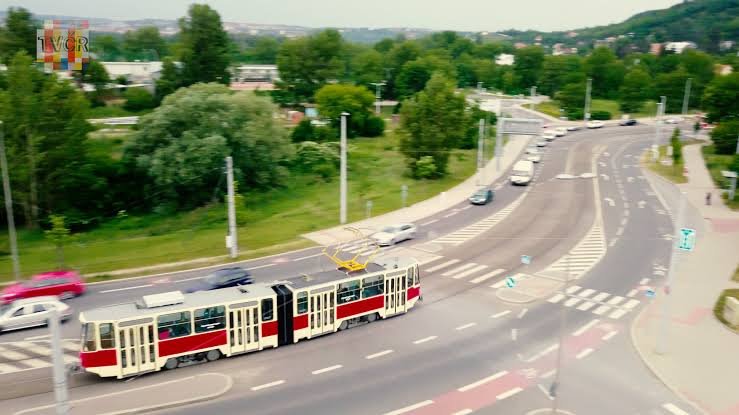Road Transport
Road Transport

There are a large number of transport organisations the country having a fleet of trucks. They are suited for transporting freight of the order of 5 to 15 tonnes usually over distances of 300 to 500 kms. There are many factors hindering the movement of freight by road. Some of them are octroi, interstate permits, checkposts and high price of fuel. However, this is a very important mode of transportation of material. The Government of India, for facilitating
faster movement of goods transport throughout India by road, has issued over 5,000 permits on an all India basis
recently Movement through inland waterways, pipelines and air are other modes available. They can be fruitfully used depending upon the nature of the operations, location and
urgency. For instance, crude oil from the ports to the refinery is normally conveyed through pipelines.
Route selection: Rate verification and auditing-Selection of routes is very important, especially in the case of
imported consignments. Sometimes it may be worthwhile to leave the choice to the suppliers so that he can utilise his
ship’s freight carrying capacity in an economical manner.
However, under FOB terms normally the buyer has the right to select the route. The supplier is requested by the buyer to select the route that is most economical.
The rates payable depend upon the volume of freight handled, nature of the materials, discount aspects. space
requirements, distance to be covered, special services required such as stopovers and Governmental regulations.
Terms, such as FOB, CIF also influence the final rate per tonne. It is essential that continuous monitoring of rates is
done so that prompt payments are made. This will minimise costly penalties and demurrages. These days demurrage charges are prohibitively high so as to ensure that wagons are not utilised as “warehouses”. In view of the general wagons shortage in the country, it is important that maximum utilisation must be made.
Lost shipments and claims- When a vast amount of freight is transported, it is but natural that some consignments will be lost or damaged. It is essential that a claim must be immediately lodged or attempts must be made to trace the consignment, Proper filing of claims will avoid wasteful correspondence. Usually the consignments are identified and checked at the central receiving section of the plant. It is beneficial to have a team at that point specifically to handle claims. The function will be to collect all the supporting documents such as the railway receipt, open delivery certificates and other relevant documents so that a complete claim could be properly lodged.
Linear Programming techniques can be used so as to minimise the transportation cost. Thus we have seen the importance of transportation in relation to managing materials, the alternatives available,
their merits and demerits. Every organisation must carefully analyse these aspects in relation to their specific requirements so that a judicious choice is made. Some organisations have a courier service to transport some important documents and materials. At times this is extended to interfirm documents also. However, this is not legal and hence should be avoided.




Vijay
Hlo